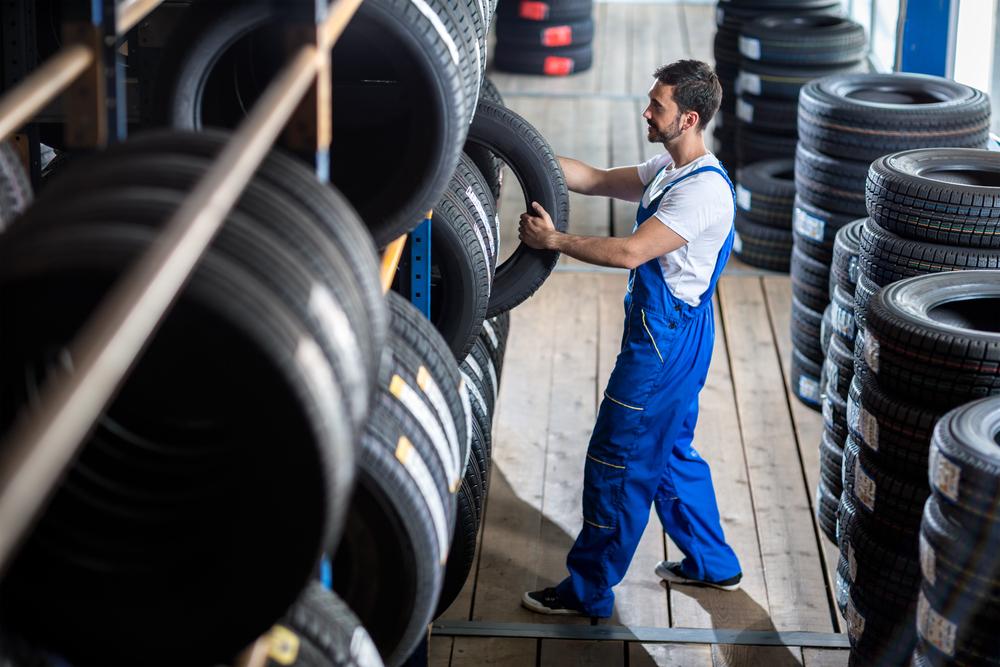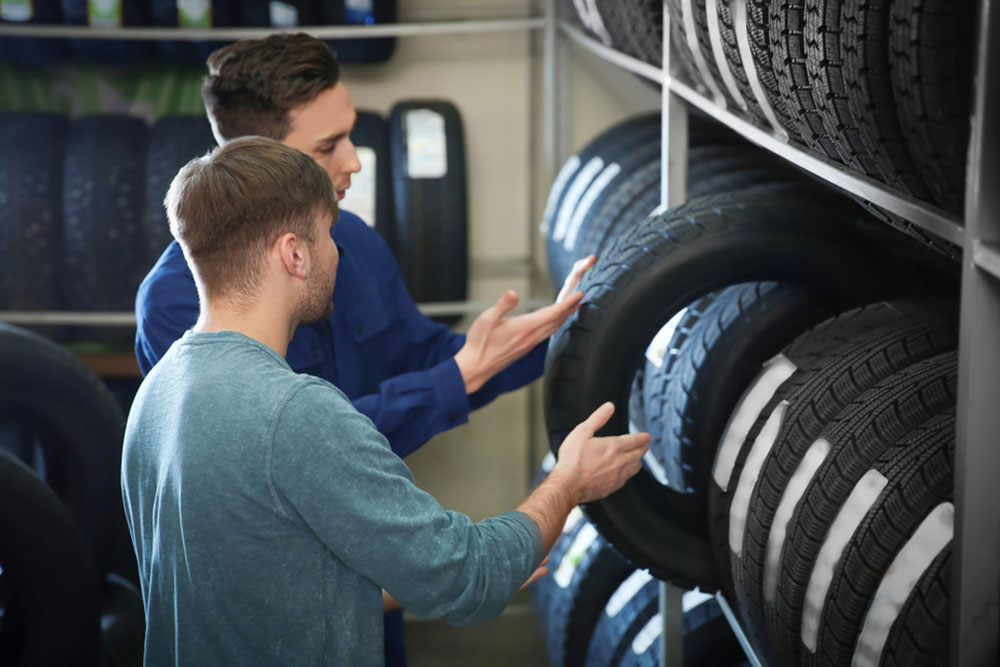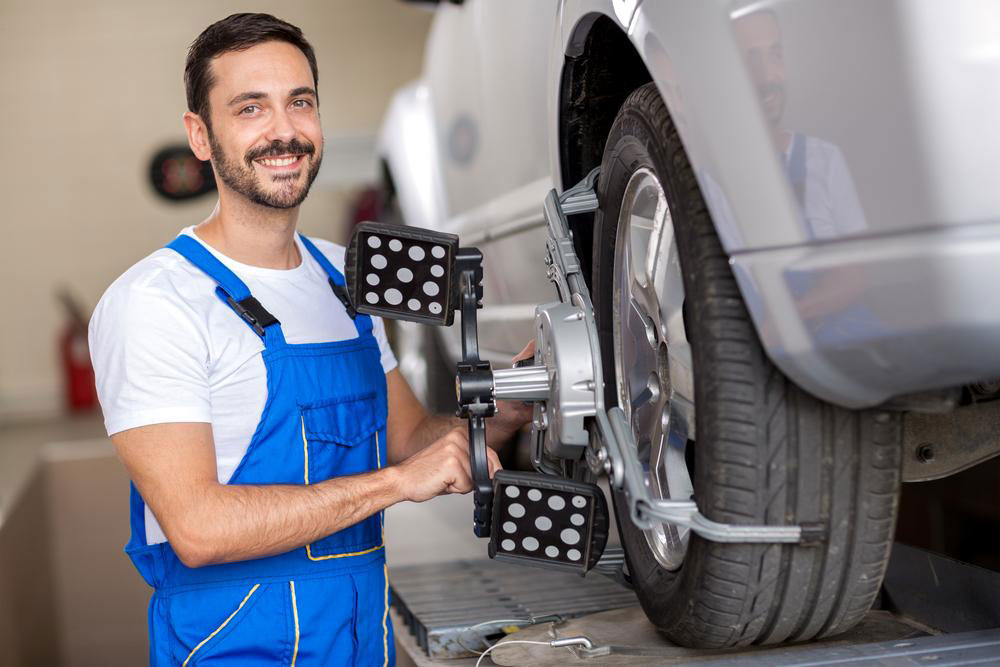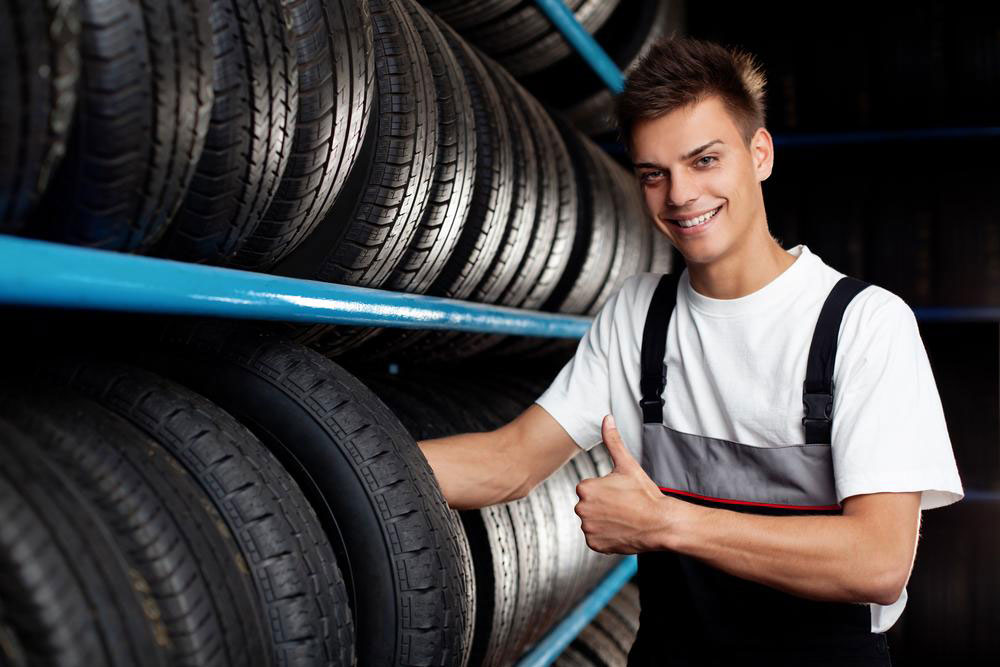Emerging Technologies Transforming Tire Production
This article explores the latest advancements in tire manufacturing, highlighting innovations such as adaptive tire designs, self-inflating systems, and airless technology. These breakthroughs enhance safety, durability, and performance, shaping the future of the automotive industry. Leading brands like Michelin are at the forefront of these technological shifts, ensuring better driving experiences and longer-lasting tires.

Emerging Technologies Transforming Tire Production
The tire sector has seen significant progress over the last fifteen years. Manufacturers now leverage innovative materials and designs to create safer, more durable, and fuel-efficient tires. Top brands such as Michelin lead the way with high-tech tires featuring advanced engineering. So, what are the main technological innovations shaping current tire manufacturing, including design strategies and construction techniques?
Overview of tire manufacturing: Each year, more than a billion tires are produced worldwide in various factories.
Tire production involves machines that shape rubber compounds on specialized drums, followed by curing in heated molds. This process fosters polymerization, linking rubber molecules into resilient structures capable of absorbing shocks, conforming to different terrains, and returning to shape. Manufacturers formulate unique rubber compounds to optimize performance and longevity.
Improvements in pneumatic tires: Pneumatic tires remain the standard for many vehicles, replacing solid rubber tires and revolutionizing driving comfort and performance with their flexibility.
Innovative tire designs: Michelin has pioneered tires that adapt over time. These tires feature tread patterns that expand gradually, boosting water dispersion and safety even as the tread wears down. Such designs increase tire lifespan and maintain grip, often available at competitive prices online.
Automatic inflation technology: Self-inflating tires, used in heavy equipment and military vehicles, utilize sensors and onboard compressors to automatically regulate air pressure—adding air when needed or releasing it to prevent overinflation.
Airless tire breakthroughs: Some companies have introduced airless tires made from environmentally friendly materials, embodying flexibility similar to traditional tires but without the risk of punctures or leaks, offering enhanced durability and safety.
Further innovations include geometrically shaped tires replacing traditional air-filled models, aiming for better control and longer-lasting performance. As research continues, these developments promise a more advanced future for tire technology.


